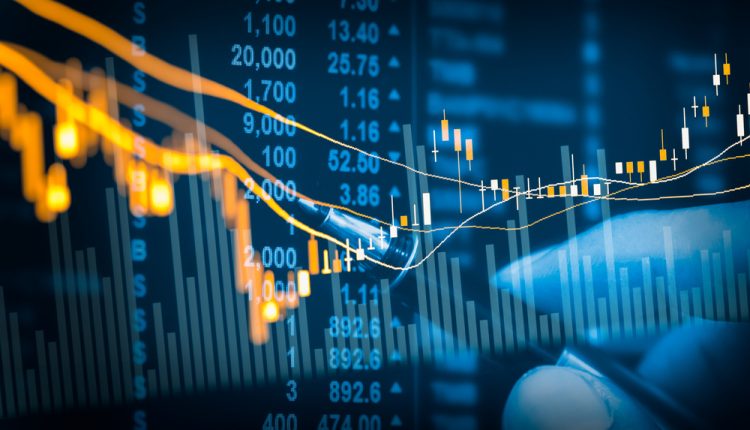
The financial aspect of everyday life is often shaped by forces we can’t see directly but feel through our wallets and bank accounts. As a Nigerian navigating personal finance, you might wonder why prices suddenly rise, why interest rates fluctuate, or what causes the job market to tighten. The answers lie in understanding economic indicators, which provide valuable insights into the broader economic landscape. You can make informed decisions that enhance your financial planning and security by grasping what these indicators mean.
What Are Economic Indicators?
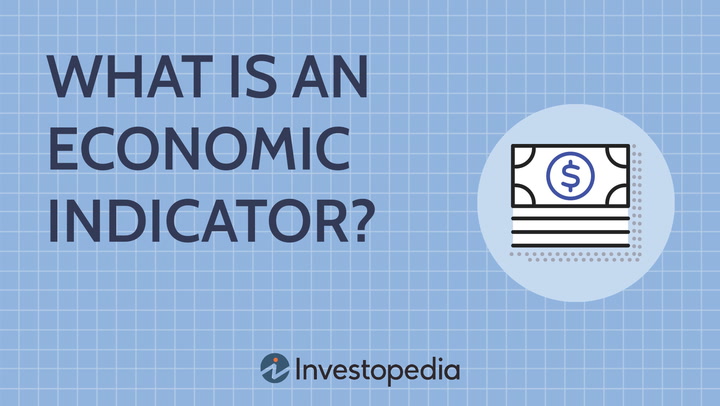
Economic indicators are statistical metrics used to gauge the health and direction of an economy. They include various data points like employment rates, inflation, GDP, and interest rates. These indicators help economists, policymakers, and investors understand the current economic environment and forecast future trends. For individuals, understanding these indicators can empower better financial decisions.
Key Economic Indicators to Watch
1. Gross Domestic Product (GDP)
Gross Domestic Product (GDP) measures the total value of goods and services produced in a country over a specific period, typically a quarter or a year. GDP growth indicates economic expansion, while a declining GDP suggests contraction.
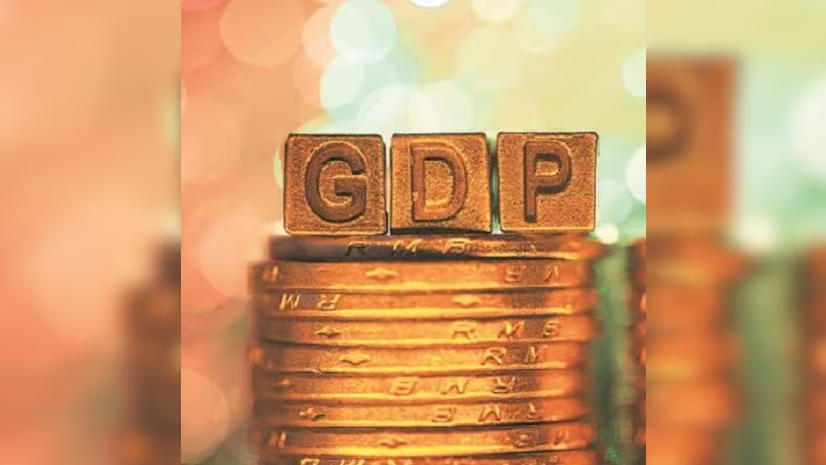
Implications for Personal Finances
- Economic Growth: A growing GDP usually signals a healthy economy, which can lead to job creation and higher income levels. For Nigerians, this could mean more opportunities and a better standard of living.
- Recession Concerns: A declining GDP might indicate a recession, leading to job losses and decreased consumer spending. In such times, it’s wise to tighten your budget and focus on saving.
Inflation Rate
Inflation represents the rate at which the general level of prices for goods and services rises, eroding purchasing power. It is usually measured by the Consumer Price Index (CPI).
Implications for Personal Finances
- Rising Prices: High inflation means your money buys less, affecting your purchasing power. Consider investing in assets that typically outpace inflation, such as stocks or real estate, to combat inflation.
- Interest Rates Impact: Central banks may raise interest rates to curb inflation, impacting loan costs and savings interest. This could mean higher borrowing costs for mortgages or personal loans for Nigerians.
Unemployment Rate
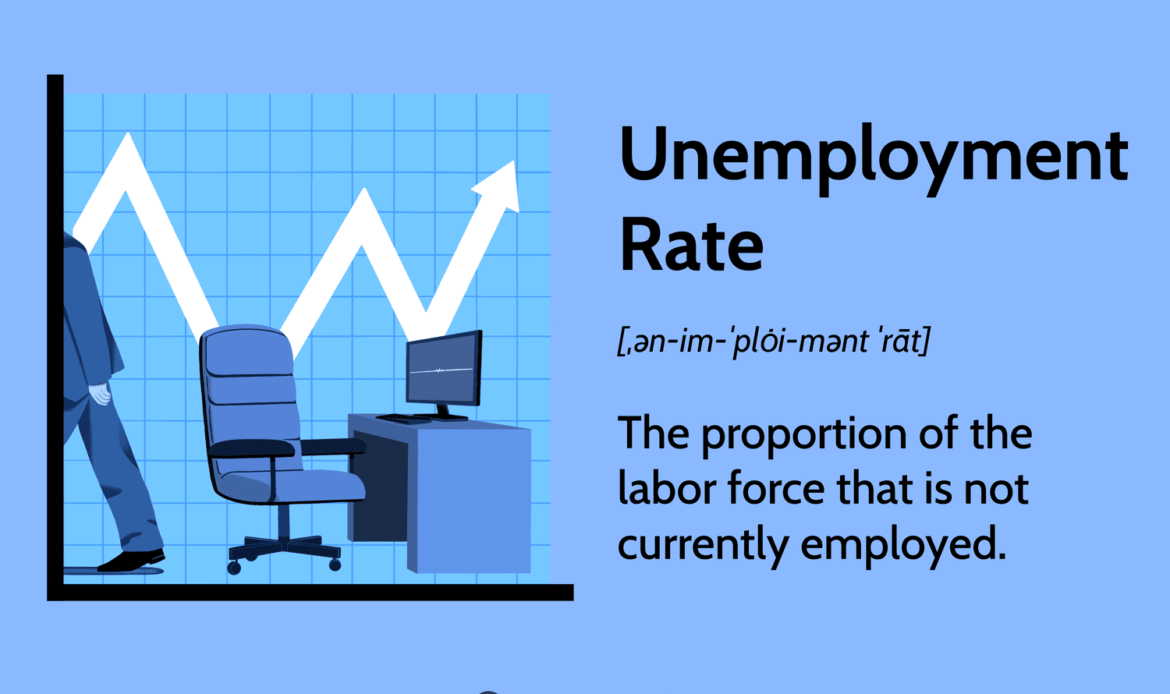
The unemployment rate measures the percentage of the jobless labor force and actively seeking employment. It’s a key indicator of economic health.
Implications for Personal Finances
- Job Security: High unemployment rates can signal economic distress, increasing the risk of job loss. Having an emergency fund to cover expenses during potential periods of unemployment is crucial.
- Career Opportunities: Lower unemployment rates often mean more job opportunities and potentially higher wages, encouraging you to advance your career or explore new job prospects.
Interest Rates
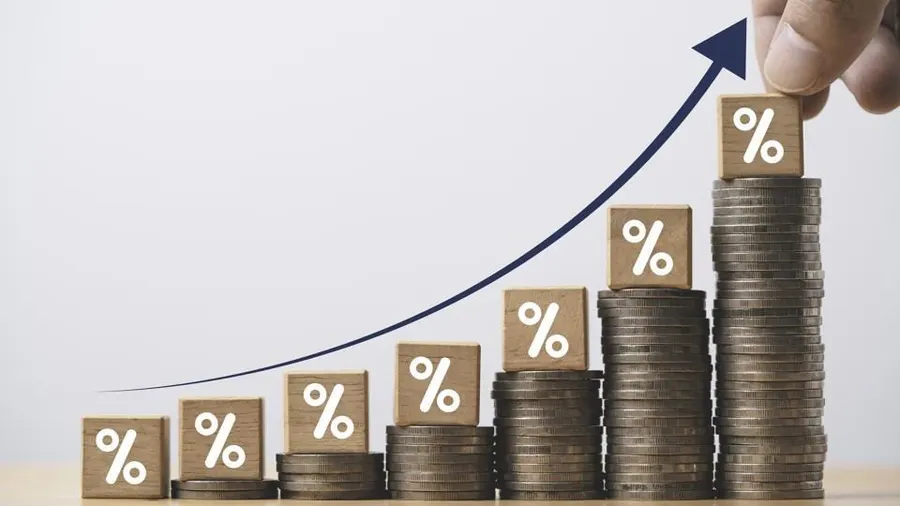
Interest rates, set by central banks like the Central Bank of Nigeria, influence the cost of borrowing and the return on savings. They are a critical component of monetary policy.
Implications for Personal Finances
- Loan Costs: Lower interest rates make borrowing cheaper, which can be advantageous for buying a home or starting a business. Conversely, higher rates increase borrowing costs.
- Savings Returns: Higher interest rates offer better returns on savings accounts and fixed-income investments. For Nigerians, this could mean reassessing your savings strategy to maximize returns.
How to Incorporate Economic Indicators into Financial Planning
Stay Informed
Keeping up with economic news and reports helps you understand how indicators are trending. To make timely decisions, regularly check updates from credible sources, such as the National Bureau of Statistics or financial news outlets.
Adjust Your Budget

Economic indicators can influence your budgeting decisions. For instance, you may need to allocate more funds to essentials during high inflation while cutting back on non-essential spending.
Diversify Investments
Economic conditions can uniquely impact different asset classes. Diversifying your investments across stocks, bonds, and real estate can help mitigate risks associated with economic fluctuations.
Build an Emergency Fund
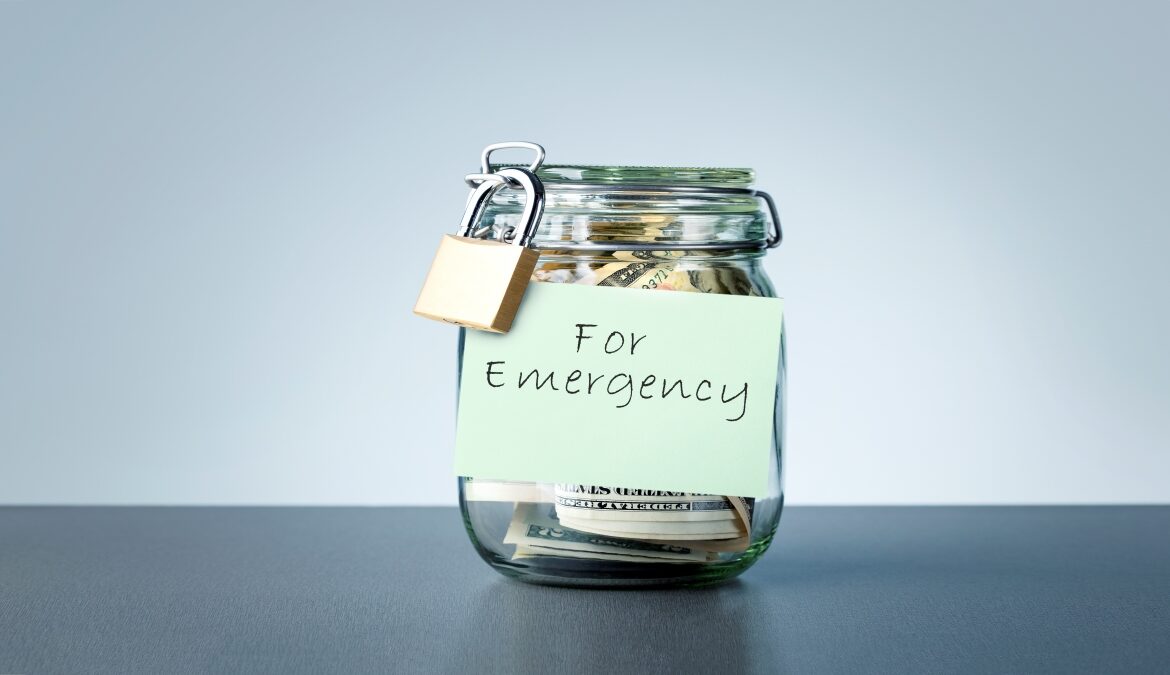
Economic downturns and high unemployment periods highlight the importance of having an emergency fund. Aim to save at least three to six months’ worth of expenses to cushion against unexpected financial setbacks.
Understanding economic indicators is crucial for making informed financial decisions. By monitoring GDP, inflation, unemployment, and interest rates, you can better anticipate economic changes and adjust your financial strategies accordingly. In Nigeria’s dynamic economic landscape, staying informed and proactive is key to achieving financial stability and growth.
Start by tracking these indicators and integrating their insights into your financial plan. Subscribe to financial newsletters, attend economic seminars, or consult with financial advisors to deepen your understanding and take control of your financial future.
Follow us across all social media platforms for more financial tips.
